Mon-Sat 9am-7pm


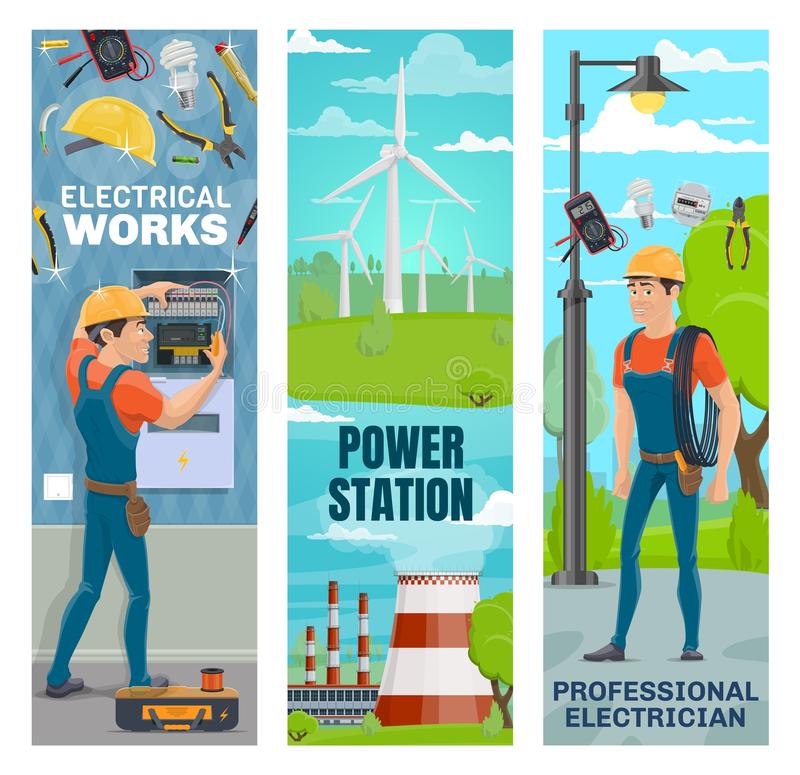
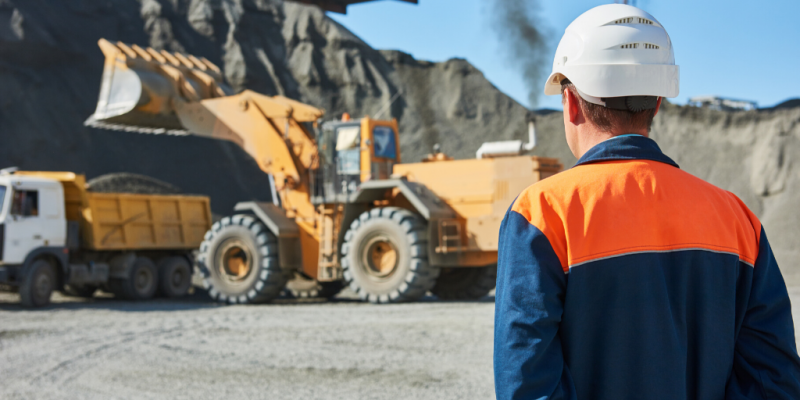
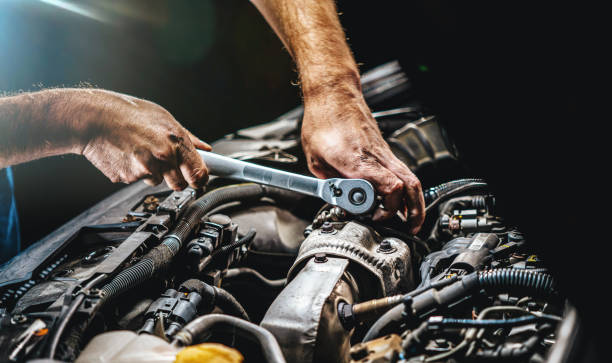


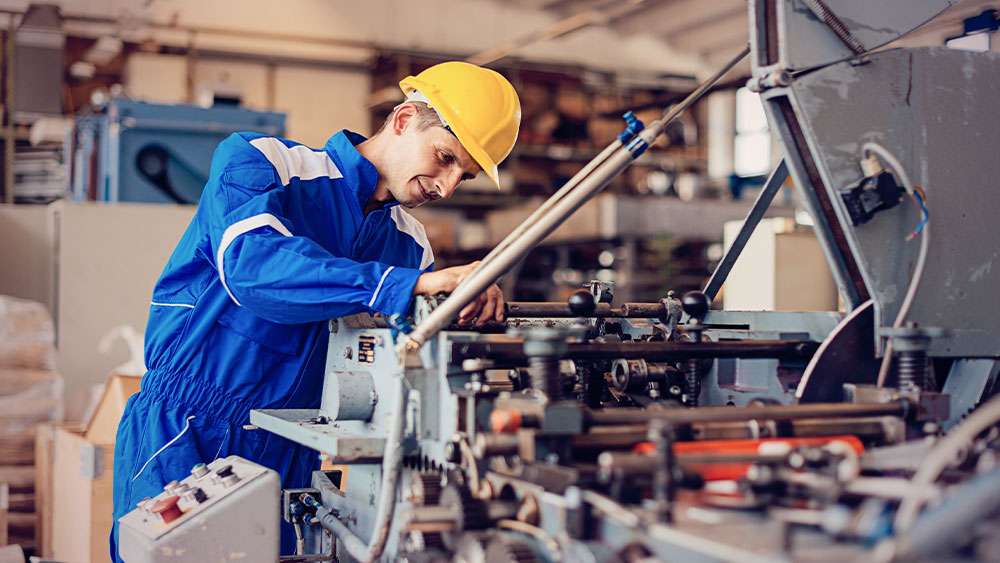
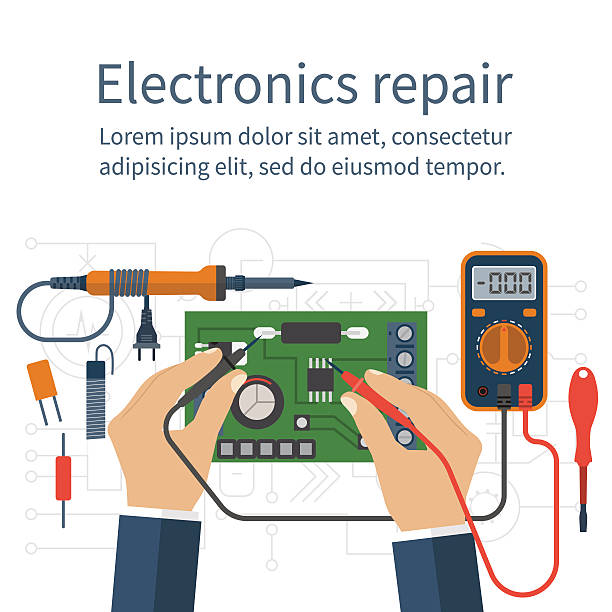
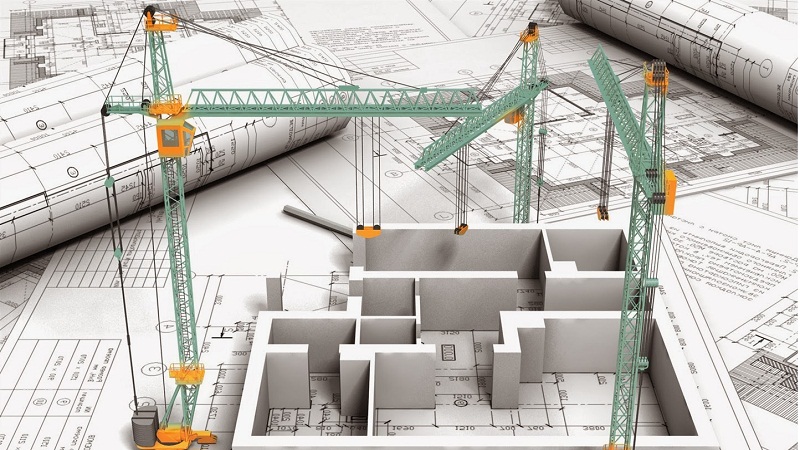
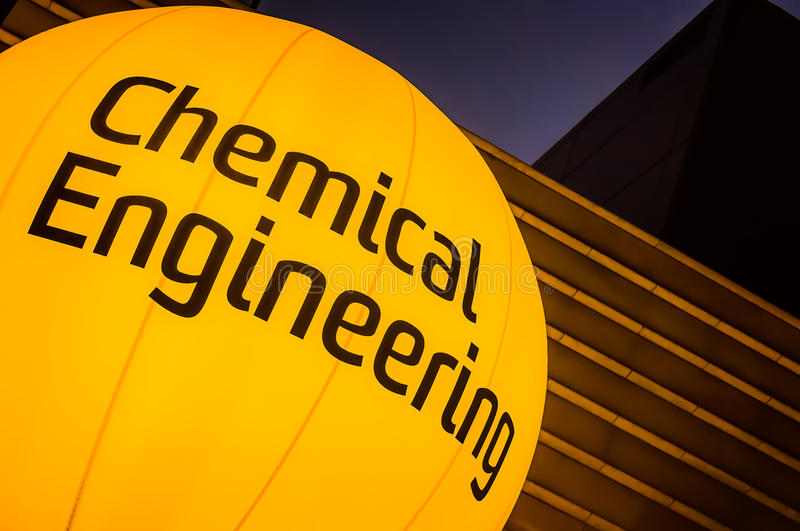

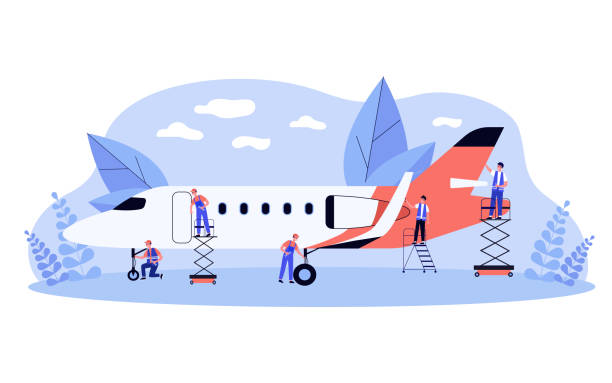
The primary job of an Aeronautical Engineer is to devise aircraft and propulsion systems offering ample recruitments opportunities in defence services and the aviation industry.
Aeronautical Engineering is a well-known branch of engineering that is popular among students who want to venture into the defence and aviation industry. While the primary job of an aeronautical engineer is to devise aircraft and propulsion systems, with time and experience, growth in the job cab be vast. After completion of the Aeronautical Engineering programme, an aspirant can work in the ever-expanding aviation industry, defence establishments and the civil aviation department.

Aeronautical Engineers specialise in the maintenance and creation of aircraft and aircraft-related technologies for improved functioning of the aviation and defense industry.
Some of the jobs under this specialised branch of engineering are:
The job area is divided into a variety of profiles and specialised jobs:
Other responsibilities comprise routine maintenance work and keeping a trace of it, carrying out repairs, and replying to difficulties faced by flight during take-off and landing. They are also accountable for maintaining worksheets for all the operations around repair, maintenance, and upkeep.
To pursue a course in aeronautical engineering, you will need to study physics and mathematics in school. Courses in aeronautics prepare candidates for jobs in the field of aerospace and aviation. Classes in these fields are typically part of an undergraduate or graduate degree program. Aeronautical courses are usually available through bachelor's, master's, or doctorate programs. These courses are chiefly meant for individuals who want to turn into air traffic controllers, maintenance technicians, and professional pilots, and they usually combine information about aircraft construction, mechanics, and engineering.
Aerospace Engineers require at least a Bachelor's degree to enter into the field, typically in aerospace engineering. Some university programs offer 5-year programs that allow students to earn a bachelor's and master's degree at the same time. All Aerospace Engineering programs are accredited by the ABET.
Though entry-level positions do not require licensure, more advanced Aerospace Engineering programs will likely demand a Professional Engineer (PE) license. Though the requirements vary by state, most require an accredited engineering degree, work experience, and passing performance on both the Fundamentals of Engineering (FE) exam and the Professional Engineering Exam.
Acquiring a managerial position in Aerospace Engineering often requires extensive work experience and shadowing a senior Aerospace Engineer.
Cost of Studying Aeronautical Engineering
The average cost of an undergraduate programme is around Rs 3 lakh while the average cost of a postgraduate programme is around Rs 2 lakh. Diploma course in aeronautics costs around Rs 60,000- Rs 1,00,000.
Top Colleges To Study Aeronautical Engineering?
|
Name of College |
City |
Programme Fees (range) |
|
Neemrana |
Aircraft Maintenance Engineering: Rs 5.51 lakh B.Tech in Aeronautical: Rs 7.37 lakh B.Tech (Aeronautical) with specialisation in AME: Rs 9.13 lakh |
|
|
IIT Bombay - Indian Institute of Technology (IITB)
|
Mumbai |
Bachelor of Technology: Rs 4 lakh B.Tech+M.Tech: Rs 5 lakh |
|
Hindustan Institute of Technology and Science - HITS
|
Chennai |
B.Tech in Aerospace: Rs 3.85 lakh (1st year) M.Tech in Aerospace: Rs 1.25 lakh (1st year) |
Future Growth Prospects
Studying aerospace engineering offers a variety of career options. Potential fields to specialise in comprise thermodynamics, propulsion, aerodynamics, and celestial mechanics. Or, if you have a passion for a specific aerospace product, for instance, rockets, missiles, helicopters, or military jets you may choose to specialise in that particular product.
As per a recent report it has been stated that the employment of aerospace engineers is expected to grow six percent from 2016 to 2026, about as quick as the average for all occupations. Aircraft are being redesigned to cause a smaller amount of noise pollution and have better fuel efficiency, which will assist sustain demand for research and development. Aeronautical Engineers are in demand both nationally and internationally. They are required in private and public Airline Services as well as aircraft-manufacturing units. At the start, these engineers are hired as graduate engineer trainees or Junior Engineers. Based on their performance, they are promoted to the appropriate designation. Countries like the United States of America, the UK, France, and Germany hire Aeronautical Engineers. For instance, a lot of engineers working at NASA are Indians.
Future Growth Prospects
Studying aerospace engineering offers a variety of career options. Potential fields to specialise in comprise thermodynamics, propulsion, aerodynamics, and celestial mechanics. Or, if you have a passion for a specific aerospace product, for instance, rockets, missiles, helicopters, or military jets you may choose to specialise in that particular product.
As per a recent report it has been stated that the employment of aerospace engineers is expected to grow six percent from 2016 to 2026, about as quick as the average for all occupations. Aircraft are being redesigned to cause a smaller amount of noise pollution and have better fuel efficiency, which will assist sustain demand for research and development. Aeronautical Engineers are in demand both nationally and internationally. They are required in private and public Airline Services as well as aircraft-manufacturing units. At the start, these engineers are hired as graduate engineer trainees or Junior Engineers. Based on their performance, they are promoted to the appropriate designation. Countries like the United States of America, the UK, France, and Germany hire Aeronautical Engineers. For instance, a lot of engineers working at NASA are Indians.
An aeronautical engineer earns the average salary in India between Rs 5-6 lakh per annum. They have a great chance to work in the government sector. The salaries in the government sector are determined as per the pay scale for the particular post. Aeronautical engineering has a wide scope of getting high salaries by merging their innovative ideas and skill in one field. This field has a good scope of careers abroad also. You can get the starting package of $70,000-1,00,000 per annum abroad.
Aeronautical Engineering: Top Recruiters
A competent Aeronautical Engineer can find jobs in the aviation industry, in government in addition to airlines. Along with the aviation industry, Aeronautical Engineers are hired by defense establishments for the maintenance and building of defense aircraft.
Some of the top recruiters are listed below:
| Top Recruiters | Defense Research and Development Laboratories |
| Air India | Aeronautical Development Establishment |
| Civil Aviation Department | Aeronautical Development Establishment |
| National Aeronautical Lab (NAL) | Pawan Hans |
| Helicopter Corporation of India Hindustan | Hindustan Aeronautical Ltd (HAL) |
| Private Airlines | Indian Air Force |
Skills Required for Aeronautical Engineering
| Speed and accuracy – as aircraft has to be serviced in a short time | Alertness and presence of mind |
| Must have leadership qualities but also be able to work in a team | Manual, technical and mechanical aptitude |
| Strong sense of responsibility | Strong analytical ability |
| Good height and Physical fitness | Normal colour vision |
Call us at +91 9205084085, Monday - Friday, 9 am - 7 pm


